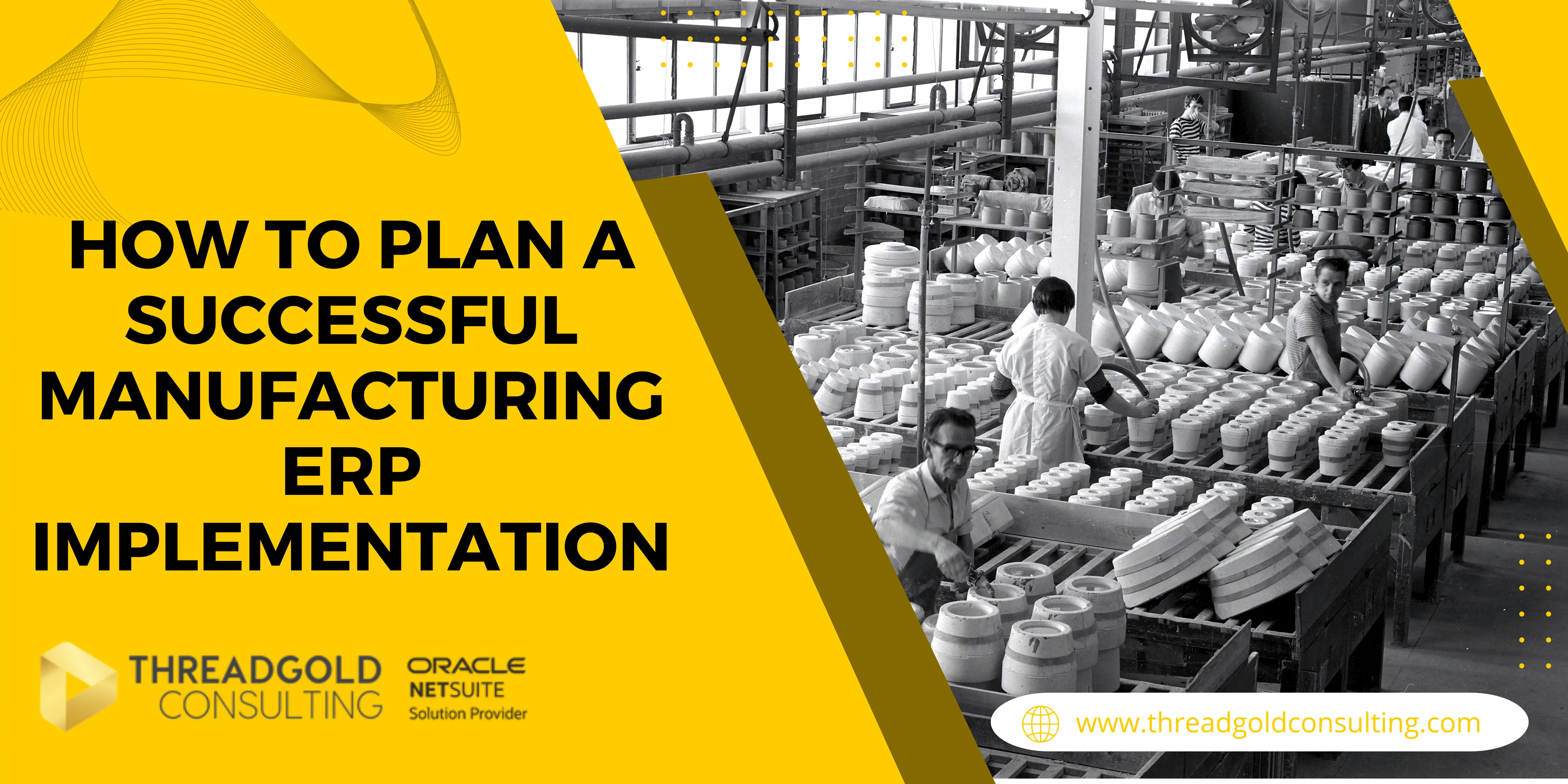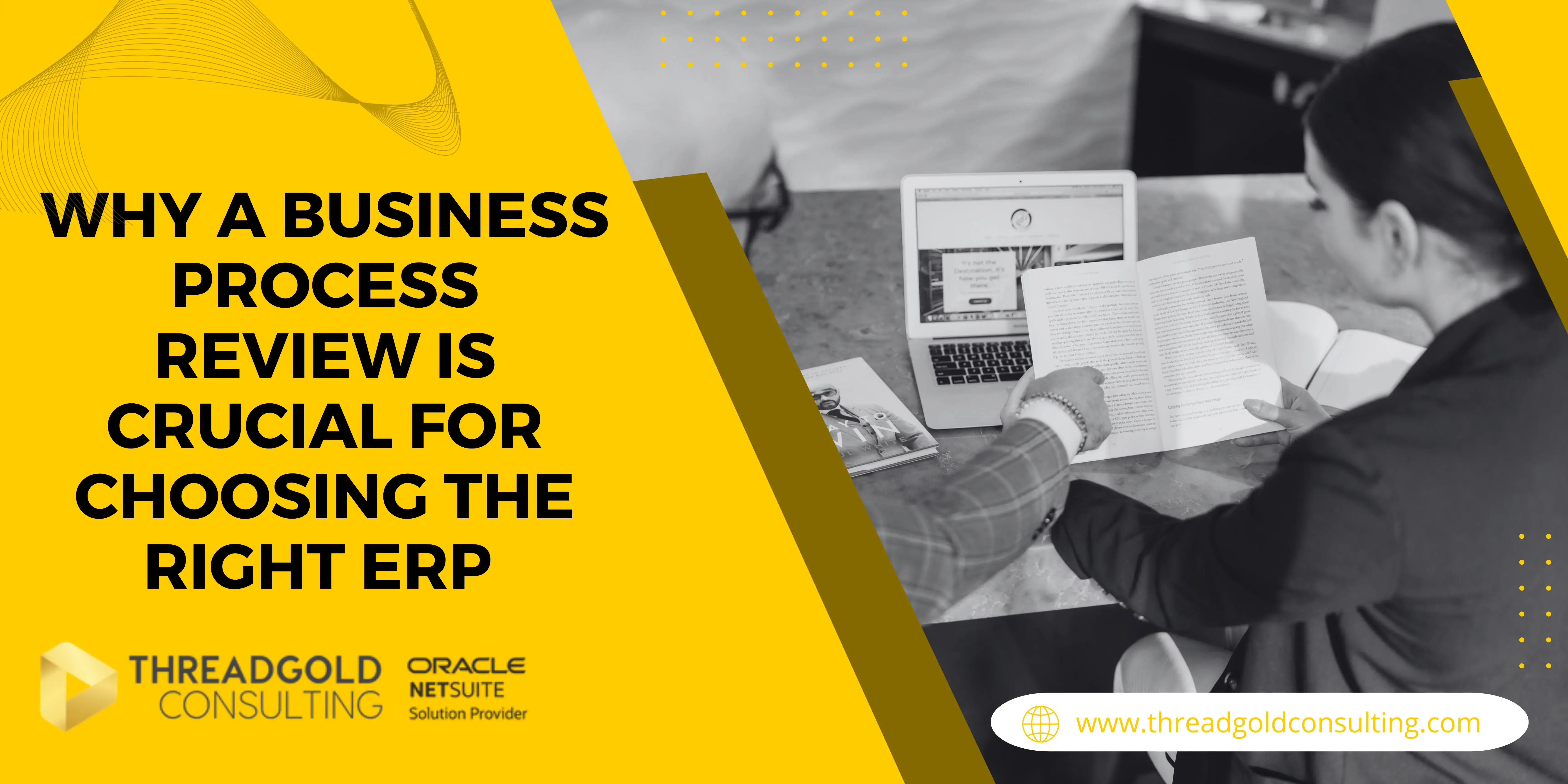As a CFO or controller of a DeFi business, you're tasked with building financial systems that are not only efficient and scalable but also secure, auditable, and future-ready. A reliable enterprise resource planning (ERP) system is central to that goal, consolidating operations like accounting, supply chain, HR, and compliance into one integrated platform.
But as the DeFi industry matures, many financial leaders are looking beyond traditional ERP. The future? Integrating blockchain into ERP. Combining the immutable, decentralized strengths of blockchain with the operational control of ERP systems.
In this post, we’ll break down what blockchain in ERP really means, what benefits it can bring to DeFi finance teams, and how to overcome common implementation challenges.
What Does “Blockchain in ERP” Mean?
At its core, integrating blockchain into ERP means embedding distributed ledger capabilities into ERP workflows. In a blockchain-enabled ERP system:
- Transactions are logged on an immutable ledger
- Data is shared across a secure, permissioned network of participants
- Smart contracts can automate business logic (e.g., payments, compliance triggers)
- Audit trails are transparent and tamper-proof by design
This model is particularly useful in industries where multiple parties need to trust the same data, a common scenario in DeFi, which often involves cross-platform financial flows, consortium-led governance, and tokenized assets.
Why Integrate Blockchain into ERP (and What You’ll Gain)
In DeFi and financial services, blockchain can address some persistent pain points, especially where transparency, trust, and automation are critical. Below are the main benefits of integrating blockchain into ERP, along with concrete examples relevant to DeFi operations.
| Benefit | How It Works | DeFi-Relevant Example |
|---|---|---|
| Immutable audit trail | Blockchain creates a permanent, tamper-proof log of all transactions. | Regulators and auditors can access the same records used internally, improving trust and compliance. |
| Real-time reconciliation | Distributed ledger ensures all parties view the same data. | Smart contracts handle intercompany settlement across DeFi lending platforms. |
| Smart automation | Embedded logic triggers events (e.g. payments, alerts) automatically. | Automatically release tokenised collateral when lending conditions are met. |
| Enhanced security | Public-key cryptography ensures only permissioned access. | Sensitive DeFi treasury data is protected while still auditable. |
| Supply chain visibility | Blockchain tracks product origin, ownership, and handoffs. | Tokenised assets or inventory (e.g., NFTs representing physical items) can be traced through ERP. |
| Sustainability insights | Transparent tracking of materials or emissions data. | DeFi firms in ESG markets can prove sustainability metrics on-chain. |
These benefits are particularly valuable for DeFi businesses, where data trust, regulatory compliance, and audit integrity are non-negotiable.
Challenges of Integrating Blockchain into ERP
As promising as this is, integrating blockchain into ERP isn’t without challenges, especially for financial organizations operating in regulated or rapidly evolving environments.
1. Technical Complexity
Most ERP systems were not designed with blockchain in mind. Middleware or APIs are needed to connect legacy ERP data with blockchain networks.
Mitigation: Start with hybrid architectures, store sensitive data off-chain, use blockchain only for consensus-critical records.
2. Scalability and Speed
Public blockchains can be slow or expensive (gas fees). High-volume ERP data may overwhelm chain throughput.
Mitigation: Use permissioned blockchains or Layer-2 scaling solutions.
3. Data Privacy & Regulation
GDPR and financial regulations often conflict with blockchain’s immutability. Deletion of personal data isn’t straightforward on-chain.
Mitigation: Use off-chain storage for personal data; apply zero-knowledge proofs or encrypted metadata.
4. Smart Contract Risks
Bugs in smart contracts can lead to financial loss or system failure.
Mitigation: Conduct formal audits and use modular contract libraries with proven logic.
5. Governance and Change Management
Who controls upgrades or resolves disputes in a blockchain ERP?
Mitigation: Define clear governance models, especially in consortium or multi-entity environments.
Real-World Examples & Early Adopters
While blockchain ERP is still emerging, a few projects point to what's possible:
- SAP and Chronicled: Using Hyperledger to track pharma supply chain data across participants, integrated into SAP’s ERP system.
- Infosys: Prototyped a model integrating Oracle ERP with blockchain to automate intercompany financial flows.
- Basel-based DeFi firms: Several Swiss-based firms are experimenting with tokenised securities on-chain, linking them to ERP ledgers for accounting and compliance.
How to Get Started: A Roadmap
If you're considering blockchain in your ERP architecture, here’s a 6-step roadmap:
-
Assess needs: Identify friction points in financial flows or audit that blockchain could help resolve.
-
Choose the right blockchain model: Public, private, consortium, or hybrid each has trade-offs.
-
Select integration strategy: Middleware, API connectors, or ERP-native blockchain modules (like SAP’s blockchain-as-a-service).
-
Develop smart contract logic: Define rules for automation (e.g., triggers for payment release, compliance checks).
-
Pilot with limited scope: Start with a non-critical use case e.g., vendor payments or asset tracking.
-
Train users & scale: Educate your finance and operations teams to use blockchain dashboards, interpret data, and adjust controls.
The Future of ERP in a Decentralised World
As DeFi continues to challenge traditional finance, ERP systems need to evolve. Blockchain offers a path forward, enabling ERP platforms that are:
- Tamper-proof by default
- Real-time and cross-entity
- Capable of encoding financial logic on-chain
While it may take years for blockchain ERP to reach full maturity, forward-looking CFOs are already exploring its potential, especially in environments where multi-party trust, auditability, and compliance are paramount.
How Threadgold Consulting Can Help
If you're a financial services organisation in the DeFi space exploring how to integrate blockchain into ERP, Threadgold Consulting is here to help.
As a trusted NetSuite ERP partner, we help DeFi companies design, configure, and implement ERP systems that are future-ready. Whether you're building a full blockchain integration or starting with small pilot initiatives, our team can guide you through:
- Architecture and vendor selection
- Smart contract use case mapping
- Data governance and compliance planning
- Cost and ROI assessment
Check out our NetSuite pricing guide to understand the costs associated with licensing and implementation.
FAQs
Q: What is blockchain integration in ERP?
A: Blockchain integration in ERP means embedding blockchain technology into core ERP workflows. This allows businesses to record transactions on a decentralized ledger, improving data integrity, auditability, and trust across departments or entities.
Q: How can blockchain improve ERP systems?
A: Blockchain enhances ERP by adding a secure, tamper-proof record of transactions. It reduces the need for reconciliation, improves transparency, and enables automation through smart contracts, especially in multi-party workflows.
Q: What are the benefits of integrating blockchain into ERP for financial services?
A: Financial services can benefit from immutable audit trails, real-time reconciliation, secure multi-entity collaboration, and regulatory readiness. Blockchain also simplifies intercompany transactions and strengthens compliance across jurisdictions.
Q: What are the risks of using blockchain in ERP systems?
A: Key risks include integration complexity, smart contract vulnerabilities, performance limitations on public blockchains, and regulatory challenges. There may also be issues with data privacy and difficulty scaling across large ERP datasets.
Q: Which ERP systems support blockchain integration?
A: SAP and Oracle have built-in blockchain services or partnerships. Microsoft Dynamics and NetSuite can be extended using APIs, middleware, or third-party blockchain platforms like Hyperledger or Quorum.
Q: Is blockchain in ERP the same as using cryptocurrency in business?
A: No, blockchain in ERP uses the underlying technology for secure recordkeeping and process automation. It doesn’t require using or accepting cryptocurrencies like Bitcoin or Ethereum.
Q: How does blockchain ERP apply to DeFi companies?
A: DeFi companies can use blockchain in ERP to automate settlement, track tokenized assets, and maintain real-time, auditable financial records. It supports trust and compliance in decentralized, fast-moving environments.
Q: Can smart contracts be used in ERP workflows?
A: Yes. Smart contracts can automate tasks like payments, vendor onboarding, tax calculations, and compliance checks, reducing manual intervention and errors in ERP systems.
Q: What type of blockchain is best for ERP systems?
A: Most use private or permissioned blockchains, which provide better control, speed, and compliance. Public blockchains are less common for ERP due to data sensitivity and scalability issues.
Q: How do I start integrating blockchain into my ERP?
A: Start with a clear use case, such as automating settlements or audit logging. Choose a suitable blockchain model, identify integration points, and run a pilot with help from a specialist ERP consulting partner.

.webp)




.webp)